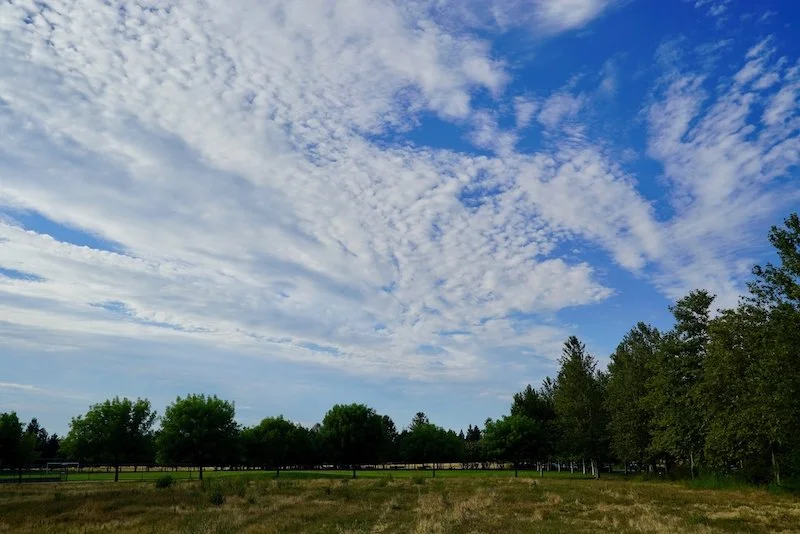Reflection
/This is an excerpt from the introduction to "Engagement," a section of my new book of poetry, Bearing Witness. Bearing witness is a process for transforming experience into wisdom. For me, poetry is one expression of that process. To learn more about the process, click here:
Bearing witness may have come to be associated with courtroom drama, but it is, in fact, at the heart of all of our lives. I believe the term best describes how we turn our experience into wisdom and how we merge the inner world of perception with the outer world of conscious action.
- Presence
- Engagement
- Reflection
- Cultivation
- Expression
This article is about the second phase of the process: Engagement
As an amateur photographer, I am often drawn to reflected surfaces. There is magic in the mirrored edge of city skylines on water or the reflected images of the outside superimposed on the world inside a shop window. Mirrored surfaces demonstrate the power of reflection to harmonize a scene. They remind me to find my own harmony and to create beauty in my life. Mountain lakes, shop windows, and puddled water offer more than pleasing imagery. They also represent the limits of what we may perceive of the world: a slice of life at best, distorted by the quality of the lens through which we see it, and imbued with the ambience created by light and shadow and angle of perception.
Through presence and engagement, we encounter a situation in life. Presence brings us to life and engagement connects us to the world. But it is reflection that makes us human and grants us the powers we have claimed and the results we have obtained. Presence and engagement rely on accuracy of perception. They are necessary components of navigating the world in the moment and of responding to immediate challenges of life. This initial contact is more unconscious, more immediate, more holistic and more fluid. Reflection begins the shift toward understanding what we perceive. Research suggests that reflection offers so much more than aesthetics. It is, in fact, the path to wisdom. We find our own depth by reflecting the world we live in.
The word "reflection" has a double meaning. The first reflection is to be like a mirror. This means reflecting something “inside” as opposed to simply seeing or hearing it outside. When we reflect in this way, we truly begin to bear witness to the world. When we take the world in, reflecting it inside of ourselves, we can “become” what we reflect. Mirroring is perceptual and conceptual. It is a kind of embodiment of life by taking the world in aware of it’s mirrored presence inside of us.
When we reflect the outside world inside of us, we can “be” what we are reflecting. This naturally leads to a more intimate connection with life and a deeper understanding of the world. Research on "mirror neurons" suggest that this is not simply a developed capacity, but a built-in mechanism in human biomechanics. We are wired to duplicate the outer world within us. We recreate the movements and actions of others (and of life) inside of us. We literally become the world we inhabit.
The second meaning of reflection is to think about something deeply. In this second reflection, we begin to ponder what we perceive or experience. In the first reflection, we engage with the world by mirroring the world as it is, letting it remain itself or we become what we mirror or some part of what we mirror. But the second reflection means we start to act on what we have taken in by questioning it, pondering what it means or what it might teach us or tell us, by noticing what memories it evokes or by seeking patterns into which it might fit.
Reflection, in many ways, is like a conversation or dialogue. We engage in a kind of dialogue with or about the content of our reflection. We can have three conversations: 1. with ourselves; 2. with others (which may include imagined beings or spiritual presences); and 3. with life.
In addition to conversing with oneself, it can include dialogue with others, both real and imagined, or a kind of dialogue with life. We can take an idea or concern out to the world and notice how it might play out in the world or look for signs and input about it form life. This is what Confucius meant in his quote about wisdom. We evolve our wisdom through reflection.
Many spiritual traditions stress the importance and value of becoming a clear mirror, of cleaning the filters of perception so that we may see the world as it is. But reflection in this first sense is always a little distorted, sometimes inverted or reversed, or with edges blurred, and colors blended. We may not ever fully escape the distortion of reality in the first reflection. But we can strive to be non-judgmental and to take the world into us as it is in all of its brutality and its beauty. The more accurate our initial perception, the better the material we have available for the second reflection.
Do you give yourself time for reflection? What form does it take?
Please share your thoughts and comments below.
© Nick LeForce
All Rights Reserved









